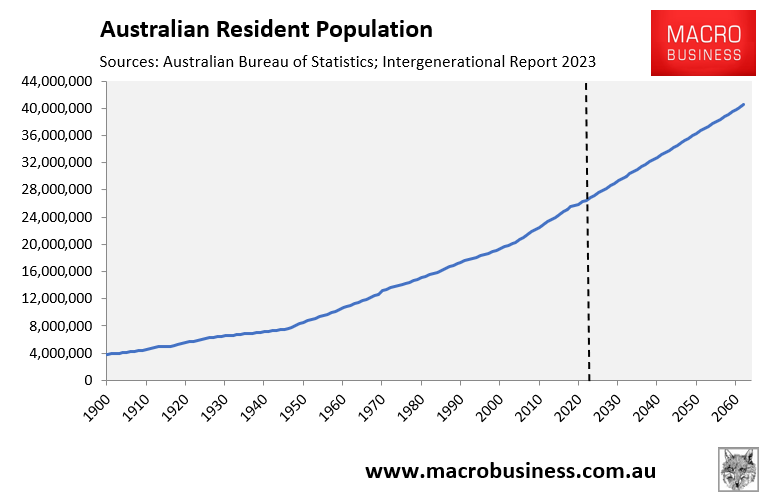In this month’s speech to the National Press Club, Yanis Varoufakis suggested that the Australian property market is a Ponzi scheme.
AMP’s deputy chief economist, Diana Mousina, refuted the claim that Australian property was a Ponzi scheme, noting that high immigration and tax incentives justify housing prices.
“Really, it’s Sydney, Melbourne, Brisbane where the price of houses in particular”, Mousina said.
“It’s quite difficult to not be close to the CBD and work close to the CBD, which means that people are pressured into a few spots within 100 kilometres of the CBDs, and that’s what’s kept prices booming”.
“At the same time, we’ve run very high levels of immigration now for 20 years — and that just adds to our problems in housing supply”.
“So I don’t think it’s a Ponzi scheme. I think there are genuine reasons why property prices are overvalued”.
“Not to mention the impact of taxation and how Australian taxation massively favours property investment”, Mousina explained.
Mousina’s arguments are correct, and these factors do justify the high cost of Australian housing.
That said, all it really shows is that Australian property is a taxpayer and immigration-supported Ponzi scheme.
The question for house prices is: will the situation change? I doubt it.
All three major parties support a Big Australia, and the Intergenerational Report projects that Australia’s population will swell to 40.5 million people by 2062-63, with most of this growth occurring in the major capitals.

Such massive population growth—equivalent to adding a combined Sydney, Melbourne, and Brisbane to Australia’s current population of 27 million—will necessarily support home values over the long-run.
I also cannot see much change on the taxation front other than maybe some minor tinkering with negative gearing and the capital gains discount, neither of which will move the needle much.
Therefore, the Ponzi scheme of immigration and favourable taxation will continue to support home values.

